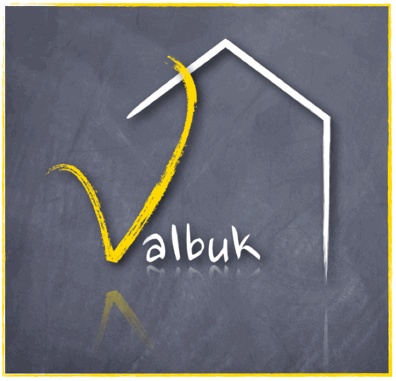Institute of Research and Information on Volunteering

 Valbuk
ValbukThe project aims at implementing and using ECVET principles in order to facilitate access to lifelong learning and qualifications of migrant workers, paying hard difficulties in let their competences and skills be recognized for lifelong learning purposes and for moving in the job market. The project will address a specific and emblematic sector – defined by the occupations included in the area of cleaning services (“Hauswirschaft” as well as industrial services, or “Gebaude Reinigung”) – in which more open and flexible procedures allowing the recognition of prior learning are already foreseen, but currently not yet implemented, and in which many not qualified migrants (especially women) actually work.
The project will address the following strategic and practical objectives:
• facilitate the understanding and application of ECVET by VET stakeholders in Switzerland and in the partner countries;
• identify and test practical solutions intended to facilitate the development of innovative practices in VET, using ECVET and their transfer, including validation of non-formal and informal learning;
• develop and disseminate strategies and approaches coherent with the above mentioned framework – namely the VQTS Model for permeability and transfer of qualifications - to policy makers, teachers and those responsible for qualifications, at national and at European levels;
• provide open information and supporting resources, ensuring that organisational, technical and quality-related issues linked to ECVET are addressed in order to share content and make it easily accessible at European level.
Operational aims of the project are:
• adopt the VQTS Matrix (http://vqts.netletter.at/) in order to compare existing qualifications in the cleaning services sector, define a shared competence Matrix declined in units of learning outcomes (areas of competences) and steps of development (levels) of the competences on the basis of complexity of knowledge and skills, autonomy and responsibility, related to activities included in the Matrix;
• define Guidelines, and related procedures, for the completion of a flexible and modular qualification pathway based on the Matrix, including criteria and standards for the assessment, transfer, validation and accumulation of learning outcomes achieved in formal, informal and non-formal contexts, according to Professional regulations and Guidelines for Validating learning existing in Switzerland and in the partner countries (including means for gaining complementary learning needed for achieving a whole qualification);
• develop operational partnerships involving stakeholders and key actors of the above mentioned sector, in order to test and consolidate units and assessment procedures (Guidelines) in the framework of adults qualification pathways (based on validation of prior learning outcomes interlaced with formal training modules and workplace learning opportunities);
The last objective, as well as the general aims of the project, will be of the utmost importance for delivering suggestions to the Swiss decision makers, in the implementation of principles embedded in the new Federal law on CVT actually under consultation at the national level.
The Valbuk project begins the 1st of October 2012 and ends the 30th of September 2014.
ECAP Schweiz , leader, Switzerland, http://www.ecap.ch
le syndicat suisse, Switzerland http://www.unia.ch/
la Fédération suisse pour la formation continue,Switzerland http://www.alice.ch/
La maison de la propreté Romande,Switzerland www.maisondelaproprete.ch
StudioMeta, Italy, http://www.studiometa.org/
3s Research Laboratory, Austria, http://3s.co.at/
inholland University of Applied sciences ,Netherlands, www.inholland.nl
IRIV - Institut de Recherche et d'Information sur le Volontariat, France, http://www.iriv.net
Forschung Betriebliche Bildung, Germany, http://www.f-bb.de/
CPZ International , Slovenia, http://www.cpz-int.si